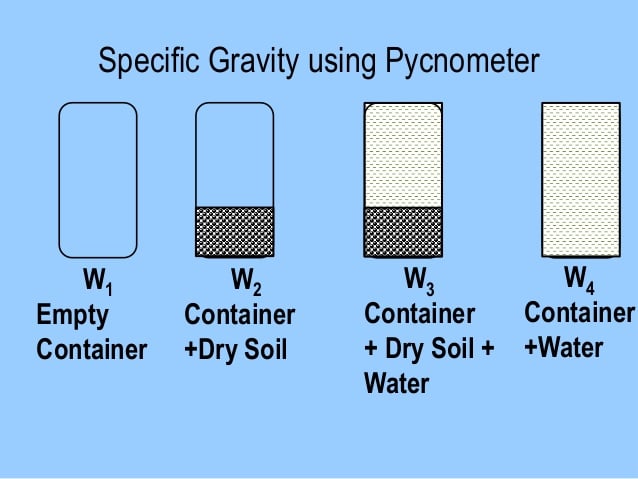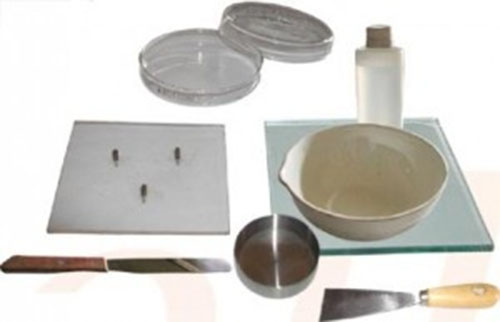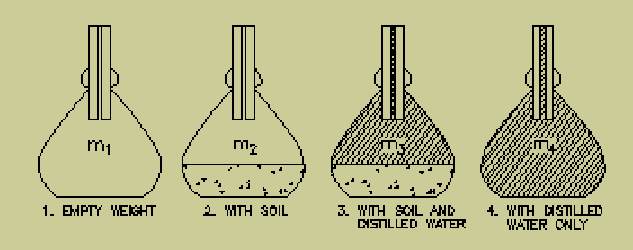Variable Head Permeability Test of Soil
For determination of the permeability of a soil specimen by the variable head permeameter Theory The variable head permeameter is utilized to compute the permeability of comparatively less porous soils. The coefficient of permeability is expressed by: Where, = initial head, = final head, t= time interval, a= cross-sectional area of the liquid stand pipe, […]
Read More →


